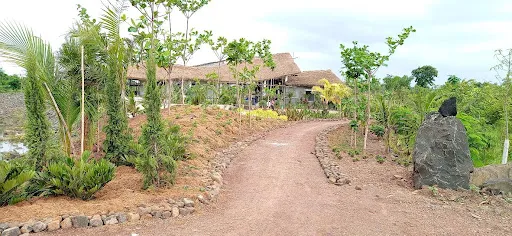 Contact us
Contact usIntent
Community
Studio Organo Concepts
About Us
Subsidaries
Studio Organo
TS RERA No.P02400003403.
TS RERA No.P02400003403.

Think local. Live in Eco-Habitats. Flourish in harmony. Leave a legacy.
If you’re someone who is committed to living consciously, you’ve already proved that your mindset is a refreshing departure from the take-all and use-all approach. You’re over and done with the maddening pace of life and now, all you’re looking for is a sanctuary where you can create your own little serene cocoon and live a healthy life in harmony with nature. A life where you’re surrounded by like-minded people who are also in the same pursuit. Well, the answer for your quest is an eco-habitat. In simpler terms, an eco-habitat is a full-featured settlement in which human activities are harmlessly integrated into the natural world in a way that is supportive of healthy human development and can be successfully continued into the indefinite future. Sustainable living is the name of the game. Let’s explore what such a lifestyle entails: -
Sustainable living is about quality.
Sustainable lifestyle is about paying now, as opposed to later.
Sustainable way of life is about thinking long term.
Sustainability is about evaluating value and impact over a lifetime and beyond.
Sustainability is about working with nature, not against it.
Sustainability is holistic.

Ultimately Sustainability is a Mindset.
Unless the people who invest in an eco-habitat are of a certain temperament, it doesn’t serve the purpose. Or should we say unless people are of a certain temperament, they don’t choose an eco-habitat? That’s the point you need to consider when you’re aligning yourself to a community.
